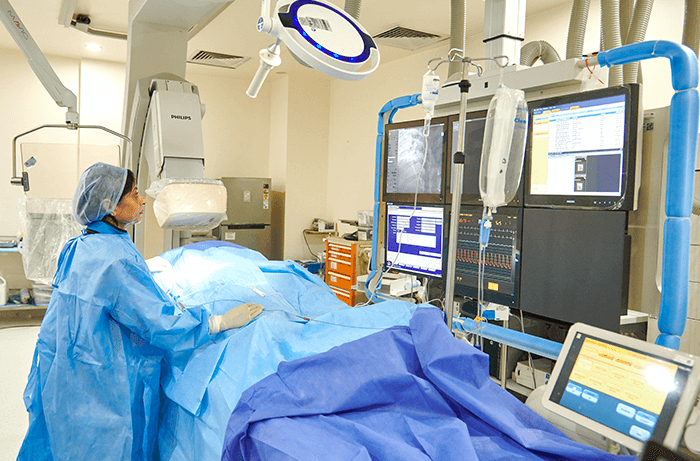×
Select Your Country
 International
International

×
Select Your Country
 International
International


Partial and radical cystectomy
When you have bladder cancer that has spread into the bladder wall or has come back after initial treatment, your urologists may gently advise you to go in for its removal. Depending on the spread, they may suggest either a partial or radical cystectomy or bladder removal to treat the cancer.
Why choose Manipal Hospitals
We have mastered the art of cancer treatment and at the Centre of Excellence in Urology, our expertise extends to urological cancers too. In bladder cancer treatment, we leverage the profound technological capacity of laparoscopy and robot assisted surgery to perform complex types of cystectomy with ease. Our urosurgeons are the most competent in this line of surgery, keeping patient comfort at the top of the mind at all times.
Solutions in partial and radical cystectomy
Partial cystectomy is used to treat cancer that has invaded the bladder wall in just one area, and is a good option if the cancer has not spread to the openings where urine enters or leaves the bladder.
Radical cystectomy is the removal of the entire bladder, nearby lymph nodes, part of the urethra, and nearby organs that may contain cancer cells. In men, the prostate, the seminal vesicles, and part of the vas deferens are also removed.
Complexities of partial and radical cystectomy
Some of the risks after radical cystectomy can include acidosis or an imbalance in electrolytes such as calcium and potassium, urine or stool leakage, kidney infection, obstruction of the bowels, ureters or intestines.
Number of cases
We have successfully performed a total of 20 lakh combined cystectomies in males and females.
Infection control protocol
We leave no stone unturned (pun unintended) in our commitment to patient safety with our stringent infection control measures prevalent round the clock.